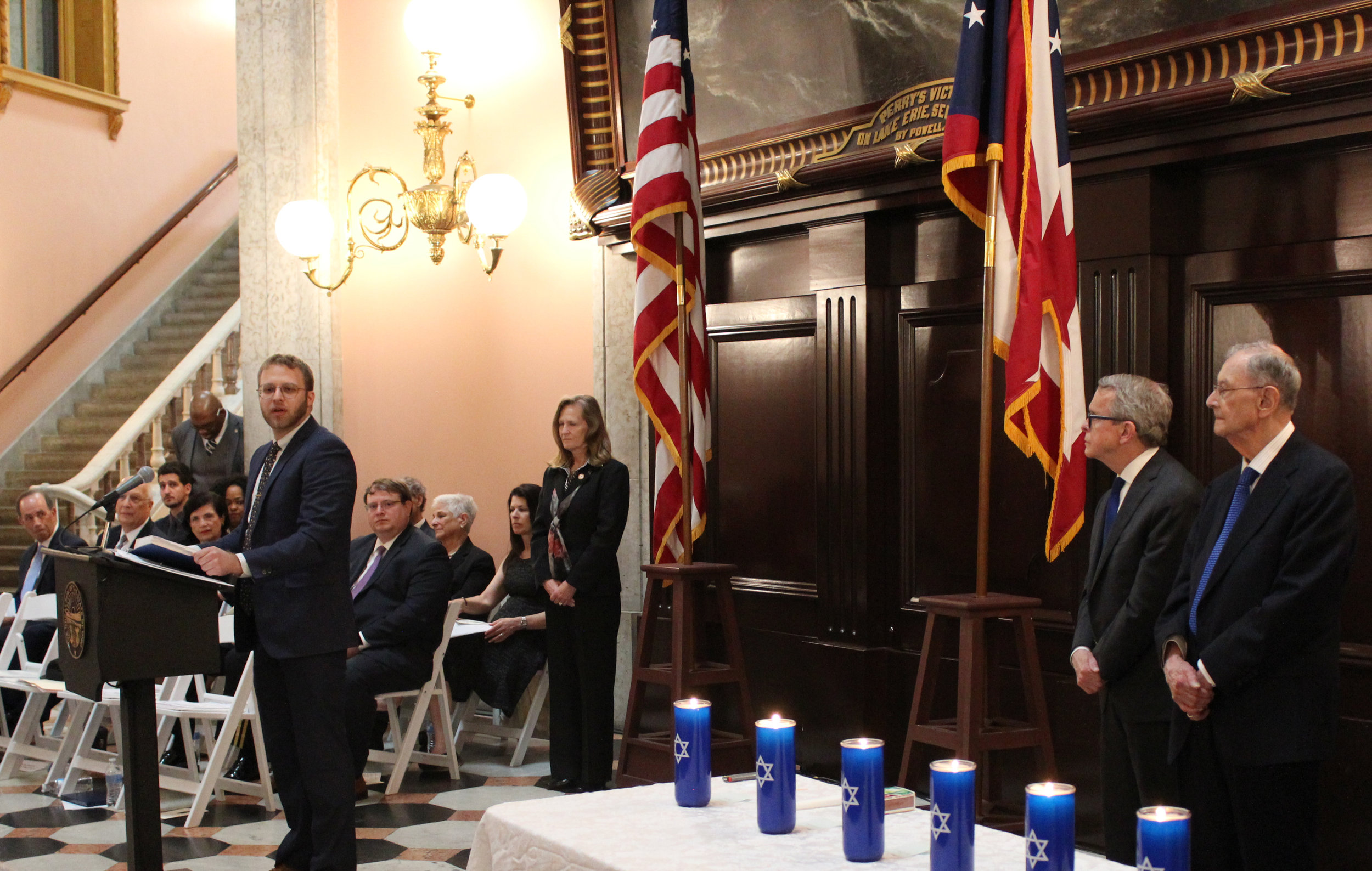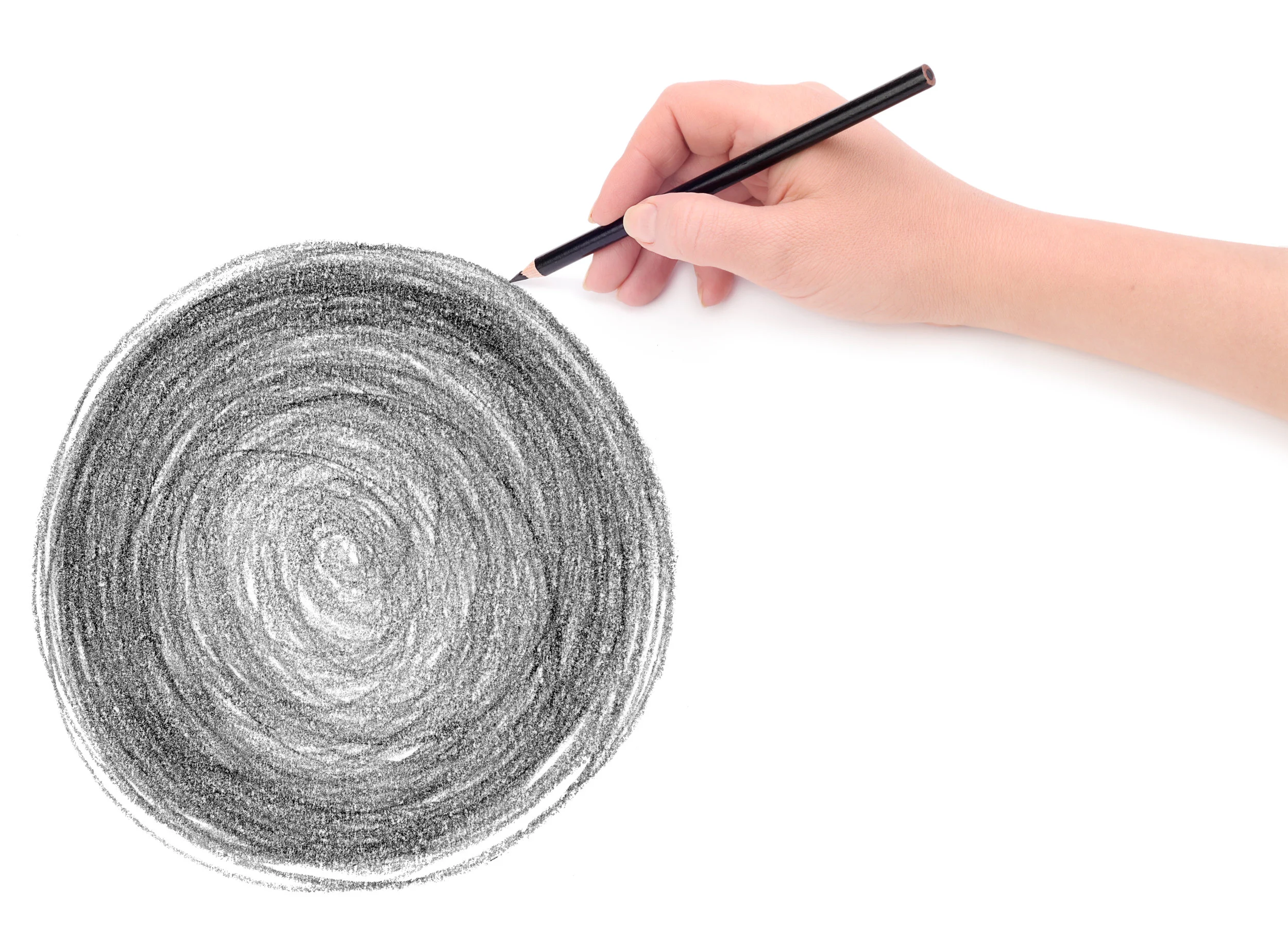It is true: a major stumbling-block for interfaith efforts between Jews and non-Jews is that Jews often endure important events being scheduled on their holidays. No Jew should feel pressured to violate his or her religion as a price for engaging with the greater world; and, yet, when Jewish boys or girls, women or men, are pushed to perform work on their holidays lest they be educationally or professionally disadvantaged, our religious essence is put at odds with a secular reality.
Read MoreFrom Prague to Poland, from Pittsburgh to Poway, our people has born enough suffering in one century for at least a millennium; enough in two millennia for an eternity. And yet we persist. We persist in the face of danger, we persist in the face of hate. We persist because that’s all we know how to do. Because it’s in our blood. Because our blood has been spilt to allow us to persist, and persisting is our only option.
Read MoreHowever we each choose to respond to the KKK’s visit, this experience certainly constitutes a test of ourselves and our community. It is imperative that we make careful choices to keep ourselves safe; Judaism values the preservation of life above almost anything else. Simultaneously, though, this is a rare moment when our actions and choices very clearly lay bare our values. It is important that we show the world that the KKK may have chosen us, but we would never choose them.
Read MoreI remain as devastated as ever as I grapple with the fact that dozens of innocent men, women, and children were needlessly slaughtered last month as they prayed in a mosque. Despite this massacre having happened on the other side of the world, there is a real pain that we all experience in our own homes here in Dayton. My heart still hurts, and I am still at a loss about how to respond. I know, though, that at the least, we must remember.
Read MoreA central aspect of the JCRC’s vision is broadening the nexus by which those in the Jewish community can act as partners with members of other diverse groups in the area. Connecting with people whose lives reflect experiences that may be different than our own creates opportunities for collaborative learning, growth, and support.
Read MoreHave any of us not encountered someone espousing vicarious anger over a minority group for not acting or looking like “normal” Americans? Have any of us not heard someone complain about Asian-Americans’ choice to live in Chinatowns or K-Towns? Or someone complain about Latin-Americans’ use of Spanish? Or about particular linguistic habits, Ebonics and naming-customs, of many in the black community? Or about the clothing choices and head coverings of American Sikhs and Muslims?
We should hear Haman’s voice in all such complaints: “There is a certain people dispersed among the peoples who keep themselves separate.”
Read MoreNo person—on the basis of their race or their religion, their place of birth or their citizenship status, their sex or their gender or their sexual orientation—no person should have their culture made lesser in their eyes, demeaned, on the basis of bigotry, of racism, of intolerance. The Jewish tradition teaches us that darkhei shalom, literally “ways of peace,” are important. This tradition holds that peaceful coexistence with people different than ourselves is of paramount importance.
Read MoreIn light of this year’s ongoing and unpredictable winter weather, I cannot help but think of one of my favorite, quirky talmudic stories.
The Babylonian Talmud tells of an especially troubling time of drought in Jerusalem. The Rabbis had been unsuccessful in praying for rain, so they sent for a man who was known to have special powers, Honi ha-Me’aggel, “Honi the Circle-Drawer.” The scene begins when they first ask Honi to pray for rain…
Read MoreBoth King and Chapin grappled with the reality that the world sorely needed people with different cultures to collaborate for it to improve. Our tradition, likewise, recognizes this. It is in our Mishnah that we learn the reason some believe God created the world with just one person: not only to teach us, as is commonly cited in Jewish circles, that “anyone who destroys one life is considered as though he destroys an entire world, and anyone who saves one life is like he saves the entire world,” but also to teach that “no person [should] say to his fellow, ‘my ancestors are greater than yours.’”
Read MoreLiminality—though some consider this word needless jargon, I suspect it nevertheless is a favorite of many rabbis (though Rabbi Chessin prefers “bifurcation!”) This densely descriptive term is one that people who study religion love to love, because it enables them to name an important type of experience that crosses boundaries of culture, time, and place. But what does it mean, and what is it all about? Perhaps more i importantly, allow me to answer: Why should you care about noticing the liminal?
Read MoreProof of the importance of the JCRC’s work could never have been clearer than in November, specifically in the aftermath of the deadliest-ever incident of anti-Semitism in US history. At vigils hastily organized around the United States, nearly 100,000 people—including countless non-Jews— defiantly assembled to rebuff anti-Jewish hate. In Dayton, when our community gathered at Temple Israel, we numbered approximately 1,300—in a city that claims only to have a total Jewish population of 4,000. In addition to that, members of the Muslim American community quickly managed to raise in excess of $150,000, via crowdfunding, to help support the victims of the shooting.
Read MoreI have debated with Israeli relatives how one can believe in God in a post-Holocaust world. As far as they are concerned, any God who would allow the Holocaust to occur is no God worth believing in. Best cast scenario, they would suggest, is that no God exists at all.
Hanukkah is, at its core, a Jewish attempt to reconcile theological crises like this.
Read MoreIf we hide our Jewishness, we risk making those of other minorities—those who don’t have the luxury of just, so to speak, “hiding the hanukkiah”—feel even more alienated in an increasingly hostile world.
Read MoreWe are here, together—Jews and non-Jews—to proclaim that we will not have our names, our identities as Jews or Christians, as people of any kind, any faith, any ethnicity, or any persuasion, used as bywords in the commission of violence that desecrates our God and our world.
Read MoreIn the wake of the national spectacle that was last month’s confirmation process of Supreme Court Justice Brett Kavanaugh, there have been many people around the country who have wondered if the #metoo movement should now be considered dead…
Read MoreOn Sunday, September 23rd, we began another exciting year of Makor at Temple Beth Or! Our first day was action-packed, and it was lovely to see parents and children who had not been together for much of the summer reunite. It also was wonderful to have our “campOrs” (what I call our students) have an opportunity to meet their new teachers for the year.
Read MoreMost Jews are aware of two new years we celebrate per calendar year: Rosh Hashanah in the fall and the secular new year, on January 1st, in the winter. Knowledgeable Jews may also note that there is a third new year that comes each spring—Tu BiShevat—which marks the new year for trees. How many of you, though, knew that Judaism actually suggests that we mark fournew years (not including January 1st)?
Read MoreThe New Year in Judaism—and, by extension, the entire period of the High Holidays—gives us an opportunity to refresh ourselves. If we follow the “process,” the rituals, associated with this time of year, we too—like God after creating the world—can feel as though we are renewed, “ensouled.” As with God after the creation, we after the High Holidays can feel refreshed, as though we’ve just woken from a perfectly restful night of sleep. We can enter the year fifty-seven-seventy-nine with the wisdom and experience that come from five-thousand-seven-hundred-and-seventy-nine years of life, but, simultaneously, with the youthful optimism, vigor, and thirst for discovery that come from having only experienced creation yesterday.
Read More“Tuvia’s mother was wailing and tearing her hair. His father was sobbing. His sisters were terrified. ‘Tuvia, my dear son,’ his mother cried. ‘My only boy, why are they tearing you away from me?’
Tuvia was taken, half-asleep, to a large house where many frightened, wide-eyed children were crying, ‘Mama, Mama. Take me home to my Mama!’ The children cried all that sleepless night.”
Larry Domnitch, The Cantonists: The Jewish Children’s Army of the Tsar, 79-80. Minor edits made for style.
Read MoreJoseph Trumpeldor, who died in 1920 defending a Jewish settlement in the Galilee and was one of the great Zionist heroes of the late 19th/early 20th centuries, classically is known as the man whose final words were: “tov lamut be’ad artzeinu,” “it is good to die for our land.” These words became a rallying cry for generations of Israel’s defenders. The only problem? Modern critical historians increasingly question whether Trumpeldor actually said this, even suggesting that—if he uttered them at all—he may have meant the opposite!
Read More



















